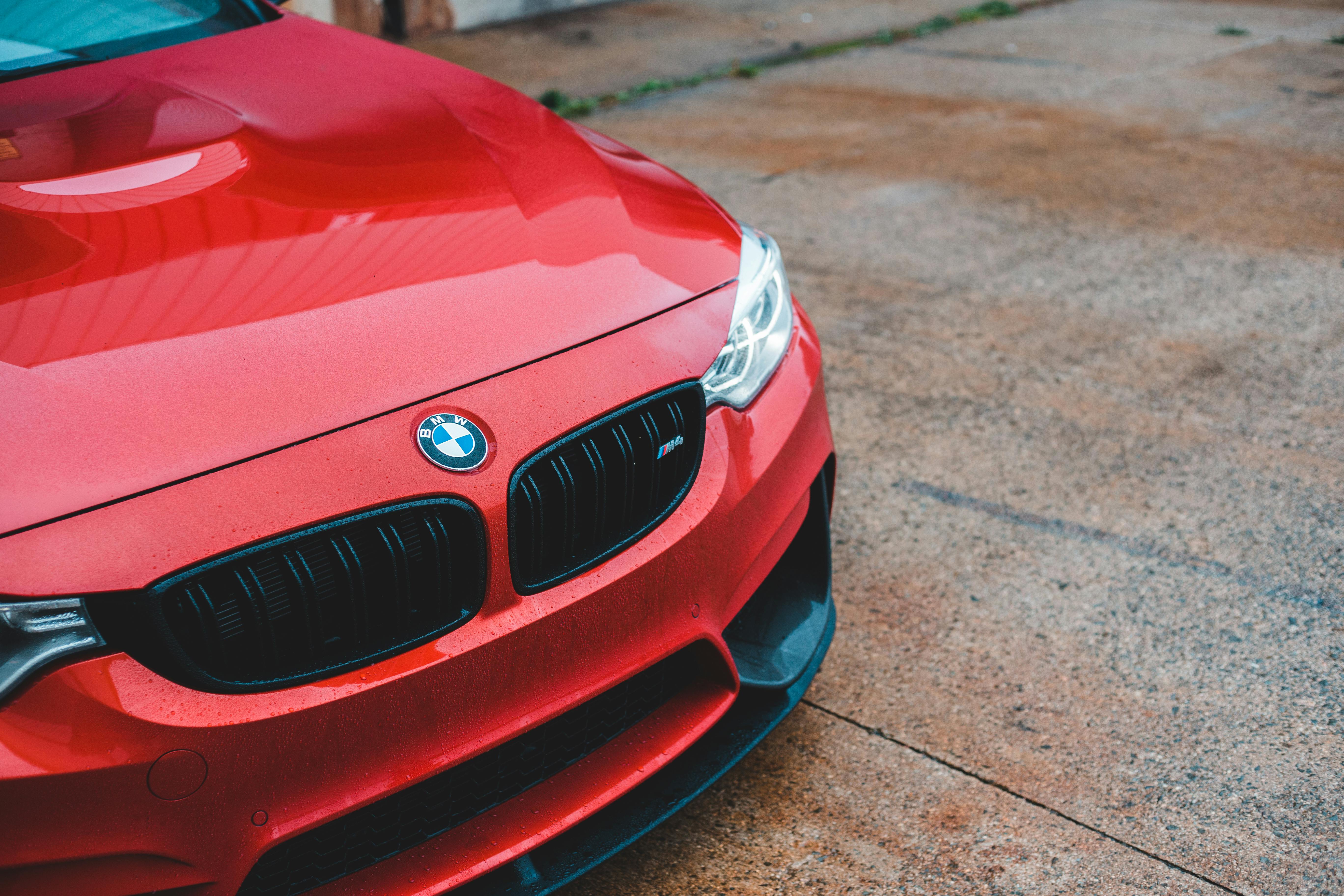American automakers appear to limit their production in an effort to increase profit-per-sale levels, while at the same time cutting rebates. The decades-long habit of producing too many cars and then selling them at discounted costs has proven unprofitable, so a change is underway that is believed to be too drastic according to Detroit dealers.
Galpin Ford is the largest Ford dealership in North America, but in July Ford delivered only seven 2010 Fusions, although 100 such sedans were ordered.
General Motors appears to have the same policy, according to dealers in Michigan, Georgia and Florida. Equinox production appears to be well below demand levels. Across the United States, the Equinox has sold well in recent months and General Motors announced plans to increase production.
General Motors and Chrysler overcame the bankruptcy they faced in 2009, but total production fell to just half the year. Ford only reduced production by 16% for 2009. Although 2010 appears to show signs of stabilization, production will remain limited compared to 2008 levels.
Ford does not appear to plan to increase production of its current models, as they see demand as fragile in an economy that is slowly recovering. The trend to limit production has been present at Ford since 2005. They consider this trend to have been healthy for both the automaker and its retailers. Distributors can change inventory faster and still get sales with lower floor plan-related expenses.
Dealers complain that their effort to push sales to pre-recession levels is hurt by discipline imposed by automakers. The reason behind this recently imposed discipline is that earnings per vehicle must be preserved to please investors. AutoNation Inc., the largest group of distributors in the US, believes that lower inventories are helping the auto industry rebound.
All dealerships report a shortage of new and redesigned models, including the Cadillac SRX. The restyled Ford Explorer will hit dealerships in December 2010, and customers seem to be eager to buy it.
Chrysler dealers also have to wait longer for the redesigned models. The 2011 Jeep Grand Cherokee was introduced in June and new versions for Dodge Charger and Durango will be released in the fall. The Sterling Heights plant in Michigan was scheduled to close in 2012, but this year they added a change to keep up with demand for the models produced there. The Jefferson North plant in Detroit could also add another change to cope with increased Grand Cherokee production numbers.
While buyers could find ten versions of the same vehicle in the past, the new environment could mean they will have to pay more as incentives wear off. The below expectations sales trend has been going on for a few months. Brands are offering fewer cars and dealers are complaining about lost sales. But this could mean a healthier auto industry, so the trend will likely continue.




